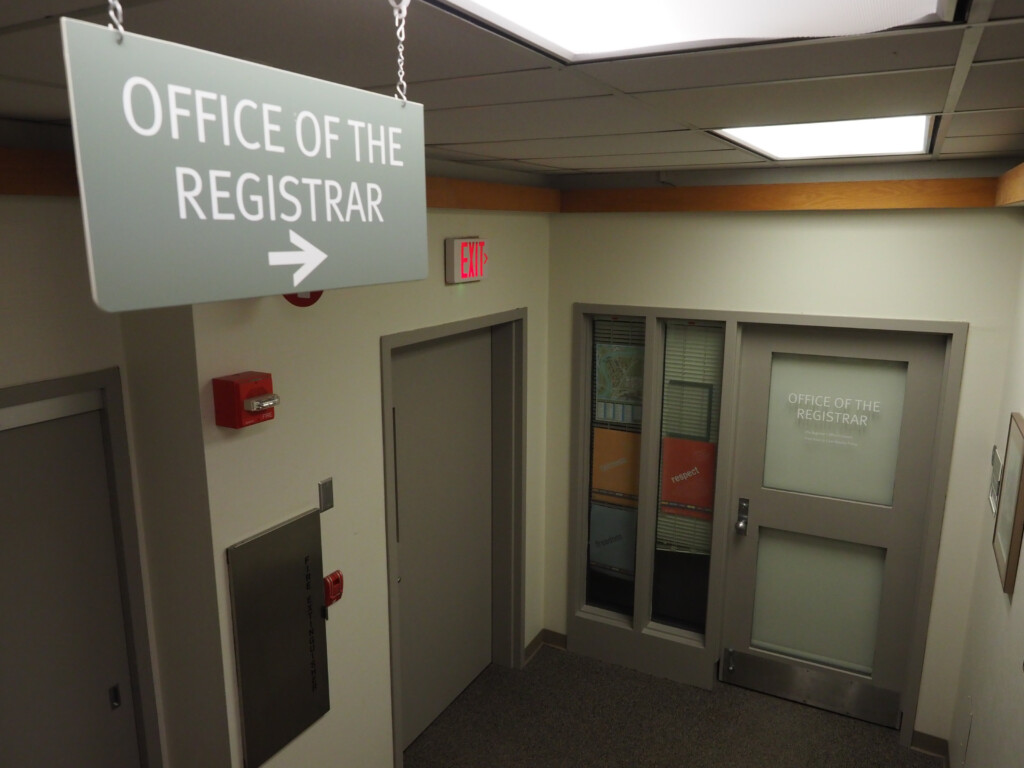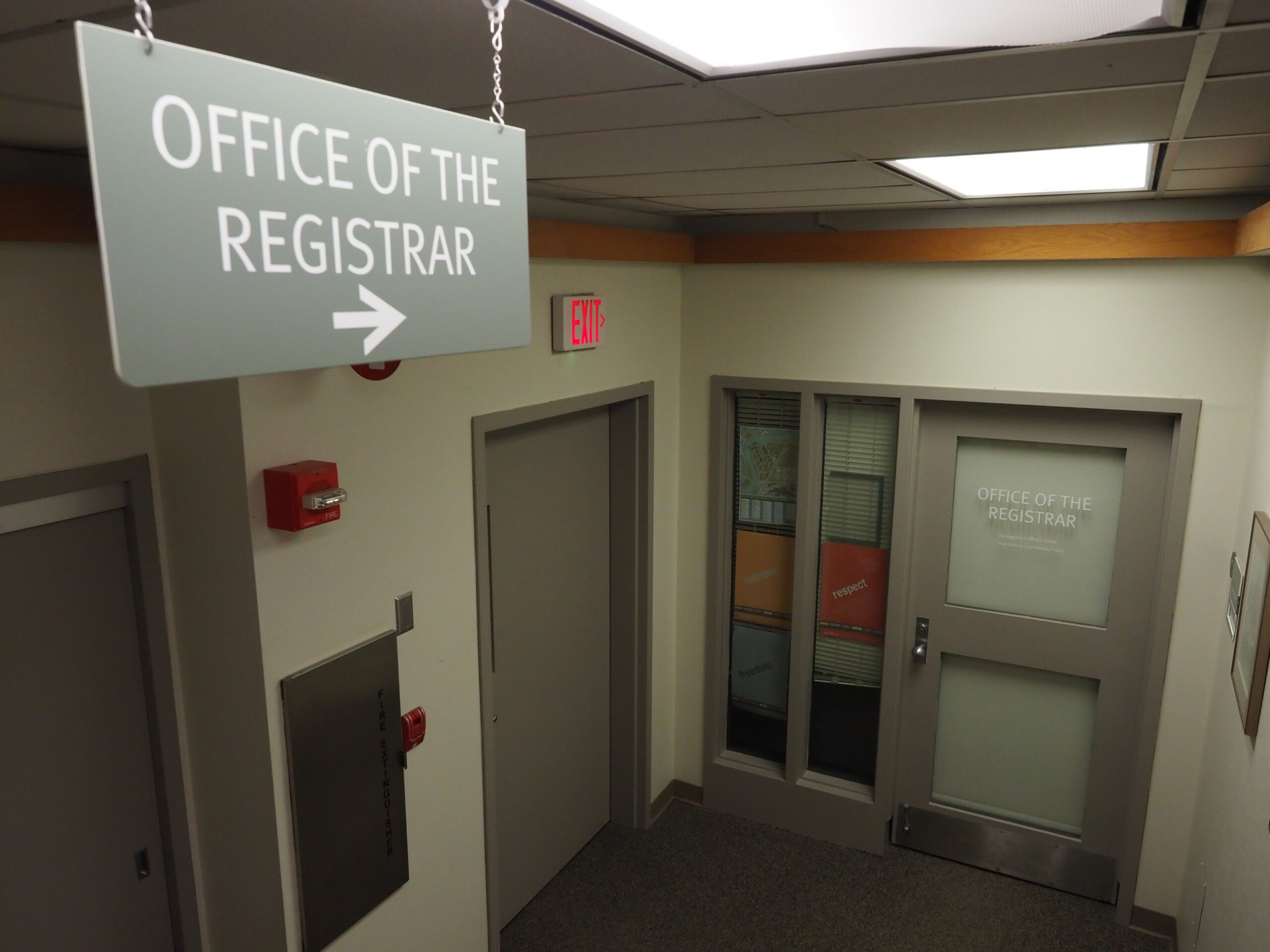Ongoing issues with UR Student/Workday, the University’s core student administration system, pose threats to students’ graduation.
The University describes UR Student as a comprehensive system that supports “the processes associated with a student’s progression from admission through graduation.”
These processes,which include student records, registration, grading, advising, and financial aid, are ingrained into Workday’s interface, with information on each accessible through a variety of on-site menus.
Currently, the University relies heavily on UR Student’s academic progress tool to inform graduation candidacy. The tool tracks a student’s majors, minors, and clusters, as well as the completion of their courses.
For many students, however, this system leaves much to be desired.
Following reports of seniors allegedly struggling to graduate due to issues with the tool, the Campus Times reached out to senior Alex Fegler for comment.
Fegler has been “figuring out how to troubleshoot degree audit issues for seniors” in the face of her own struggle with the tool.
“I’ve been speaking with seniors about issues they’re facing,” she said. “Mainly, seniors who submitted for graduation have received emails saying they are not on track to graduate when they actually are, which has been concerning for several people.”
For seniors experiencing symptoms of the issues — chiefly, their requirements being billed as “In Progress” despite being completed — Fegler suggests that they reach out to their department advisor or to the peer academic advisors to manually fix the inaccuracies.
Fegler mentioned that she has yet to receive an official response from the Office of the Registrar regarding how seniors should plan to address these issues.
“As someone who is currently undergoing a degree audit, it feels like I’m being sent on a wild goose chase, because none of the informational links about Degree Audits or URStudent they provided are helpful in the slightest,” she said. “[Administration] seems to acknowledge that students have to put in extra manual work to overcome their own system’s issues and has no plans to help students out with this process.”
Once she receives more official information from the Registrar’s Office, Fegler plans to send an email to the Arts, Sciences, and Engineering Class of 2023 regarding degree audits, academic progress tool troubleshooting, and other graduation information.
Until then, the academic progress tool remains symptomatic evidence of a larger, University-wide issue — miscommunication, according to sophomore Daniel Pyskaty, a Students’ Association Senator and Academic Affairs Committee Chair.
Pyskaty recently attended a meeting with University Registrar Tina Sturgis and Director of Academic Information Systems Charles DeSouza, hoping to address the issues facing students with the academic progress tool.
Although the academic progress tool is evidently inaccurate for a number of students, there is no firm definition of what the underlying problems with the tool are. Rather, the inaccuracies are caused by major miscommunications between academic departments and the Registrar’s Office.
“I would say that people know that there are small problems everywhere between what the departments are assuming and what the registrar is assuming,” Pyskaty said.
Broadly, major requirements are assembled by the departments, but must meet the state guidelines for the given accredited major. The Registrar’s Office ensures that students meet the guideline requirements, as well as the requirements communicated from the relevant departments.
According to Pyskaty, “there seems to be a disconnect between the departments and the Registrar.” He says that there is a failure to communicate track changes, course exceptions, and what classes count for what requirements between the two.
To address the division between the Office of the Registrar and the departments, Pyskaty said, the Registrar is preparing a “business process redesign.” The Registrar’s Office and the departments will put together a document with alleged requirements, and then correct or change those requirements as needed to reflect reality, he said.
“This, in theory, should help with the ongoing issues of it seeming as if the Academic Progress Tool is telling you the wrong thing,” Pyskaty said. “The issue with this is that it will be an ongoing process.”
Until the issue is resolved, Pyskaty said his goal is to continue checking in with the Registrar’s Office on how to fix this issue for as many affected students as possible. Similarly, he plans to talk with departments to see if they feel supported by the Registrar.
“I am also going to invite the Registrar to a Senate meeting to go more in-depth and explain their action steps a bit further and better than I can,” he said, although a date is yet to be confirmed.
The Campus Times reached out to University Registrar Tina Sturgis for comments on the ongoing issues, and for clarification on planned resolutions.
“As curricular requirements and changes are approved in an academic program, we are working to improve the communication between the academic units, the Dean’s office, and the Office of the Registrar to ensure that the academic progress tool is updated to accurately reflect approved changes,” she said. “It is our intention to use this strategy to continually improve the accuracy of the tool. Improvements are continuous and will be ongoing. There is not a firm deadline.”
According to Sturgis, these comments are applicable to Arts, Sciences & Engineering undergraduate programs only.
Seniors affected by these issues are encouraged to contact their department advisor, a peer academic advisor, or degreeaudithelp@rochester.edu for further assistance. In-person assistance is available in the Registrar’s office in Lattimore 127.



